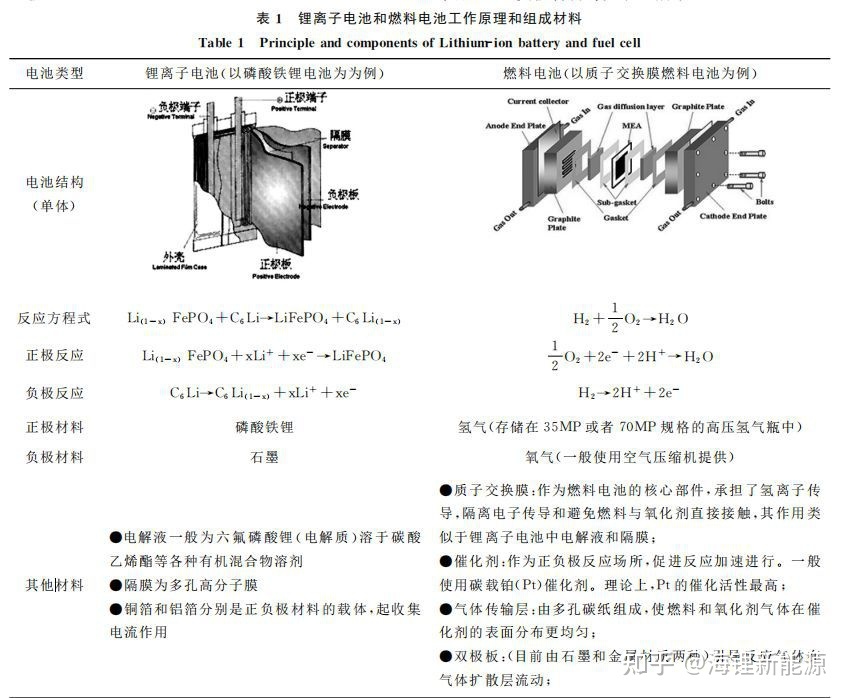- HOME
-
PRODUCT
-

21700 lithium battery
-

26650 lithium battery
-

14500 lithium battery
-

Standard lithium polymer battery
-

Cylindrical lithium ion battery
-

Electronic cigarette lithium battery
-

18650 lithium battery
-

lithium battery pack
-

High temperature lithium polymer battery
-

Low temperature lithium polymer battery
-

High voltage fast charging lithium battery
-

Ultra-thin lithium battery
-

Ultra-narrow lithium battery
-

Lithium battery models list
-
- ABOUT
- ONLINE FACTORY
- CASE
- NEWS
- FAQ
- CONTACT














 401,Building A1,No.168,Changshan IndustrialZone Liulian Community,Pingdi Street,Shenzhen Guangdong Province,China
401,Building A1,No.168,Changshan IndustrialZone Liulian Community,Pingdi Street,Shenzhen Guangdong Province,China